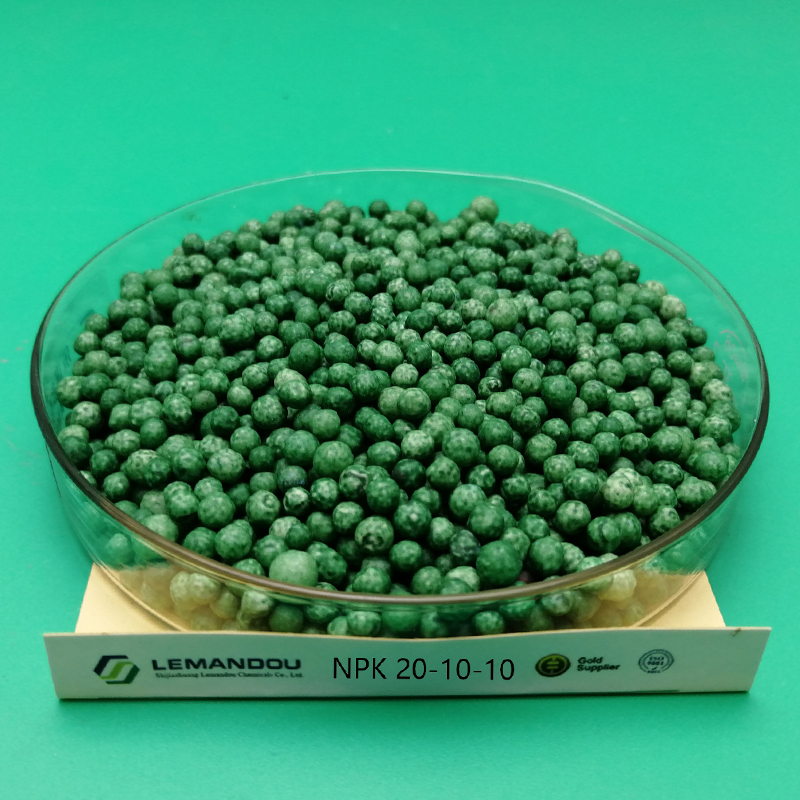NPK compound fertilizer – Introduction
NPK compound fertilizer is a mixed fertilizer composed of three main nutrient elements: nitrogen, phosphorus and potassium. The following is an introduction to the nature, use, preparation and safety information of NPK compound fertilizer:
Nature:
Nitrogen (N) : promotes plant growth and amino acid synthesis.
Phosphorus (P) : promotes root development, flower bud differentiation and fruit maturation.
Potassium (K) : improves plant stress resistance and photosynthetic efficiency.
Purpose:
NPK compound fertilizer can be widely used in agricultural production and is suitable for fertilizer application of various crops.
It can supplement the nutrients lacking in the soil and improve the yield and quality of crops.
NPK compound fertilizer can also be used for soil improvement, fruit trees and vegetables planting, flower maintenance and so on.
Preparation:
NPK compound fertilizer can be prepared by physical mixing, solution mixing or refining ratio.
The fertilizer feedstock used is usually nitrogen, phosphorus, potassium compounds, fertilizer mixtures, or organic fertilizers.
Safety information:
When using NPK compound fertilizer, it is necessary to follow the correct fertilization method and dosage to avoid soil pollution and environmental pollution caused by excessive fertilization.
Long-term overfertilization can lead to soil acidification and nutrient imbalance, affecting crop growth and yield.
When using, pay attention to protect the eyes and skin, avoid inhaling dust or solution contact with the skin.
NPK compound fertilizer should be stored and transported in accordance with the relevant safety requirements and away from fire sources and combustible materials
Post time: Jul-19-2024






